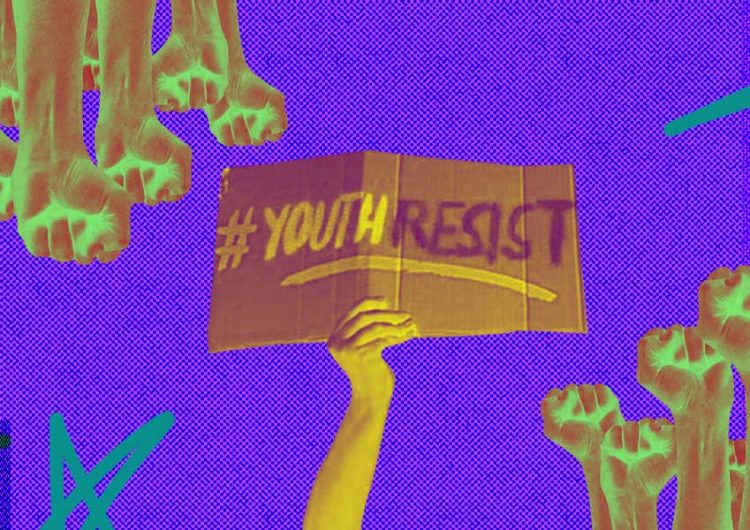Students may be burdened with the pressures of online classes but that won’t stop them from turning their attention on other pressing issues in the country, like the controversial Anti-Terrorism Act.
Today, July 23, student leaders from some of the country’s top universities as well as youth groups filed a petition to declare the provisions of the law as “unconstitutional.”
The joint petition was filed by the student councils of the University of the Philippines-Diliman, De La Salle University, Ateneo de Manila University and the University of Santo Tomas.
Joining them are youth organizations The Student Council Alliance of the Philippines, Kabataang Tagapagtanggol ng Karapatan, Youth for Human Rights and Democracy, Youth Act Now Against Tyranny, Millennials PH, Samahan ng Progresibong Kabataan, Good Gov PH, Youth Strike 4 Climate Philippines, Liberal Youth of the Philippines, Aksyon Kabataan, La Salle Debate Society and the National Union of Students in the Philippines.
In their 47-page petition, the student and youth leaders contended the constitutionality of the following sections:
- Section 4, which defines “terrorism”
- Section 5, which states the penalties for threatening to commit terrorism
- Section 6, which states the penalties for planning, training, preparing and facilitating the commission of terrorism
- Section 7, which defines “conspiracy” and states the penalties for conspiring to commit terrorism
- Section 8, which states the penalties for proposing to commit terrorism
- Section 9, which states the penalties for inciting to commit terrorism
- Section 10, which states the penalties for recruiting members into a terrorist organization and defines the scope of “recruitment”
- Section 11, which defines who is considered a “foreign terrorist” and the corresponding penalties
- Section 12, which states that anyone who provided support to terrorist groups or individuals may also be held liable
- Section 25, which states the scope of designated terrorist individuals or groups
- Section 29, which states the scope of detention without judicial warrant
The petitioners urged the Supreme Court (SC) to restrict the execution of the mentioned provisions and consider discussing the merits of the law through virtual means in compliance with quarantine guidelines.
This is the 14th petition challenging the Anti-Terrorism Act before the SC, with 16 petitions filed as of writing.
As Inquirer puts it, the Anti-Terrorism Act may be on its way to becoming “the most constitutionally challenged law” before the SC, and for many reasons.
In our chat with lawyer Romel Bagares, he noted that the law has “problematic provisions” along with misleading claims by its supporters.
“Even more problematic is the kind of law enforcement we have today, where abuses have been enabled and empowered by the kind of leadership we have,” he said.
While Atty. Bagares acknowledged that the law does provide safeguards, these “are nothing where the prevalent mentality among law enforcers, it seems, is ‘violate first, justify later.’”
Read more:
We asked a lawyer all your questions about the Anti-Terrorism Act
Anti-Terror Law Day 1: Gen. Sinas allegedly “harassed” a family
The Anti-Terrorism Law as told by our lawmakers, activists and artists

























Comments